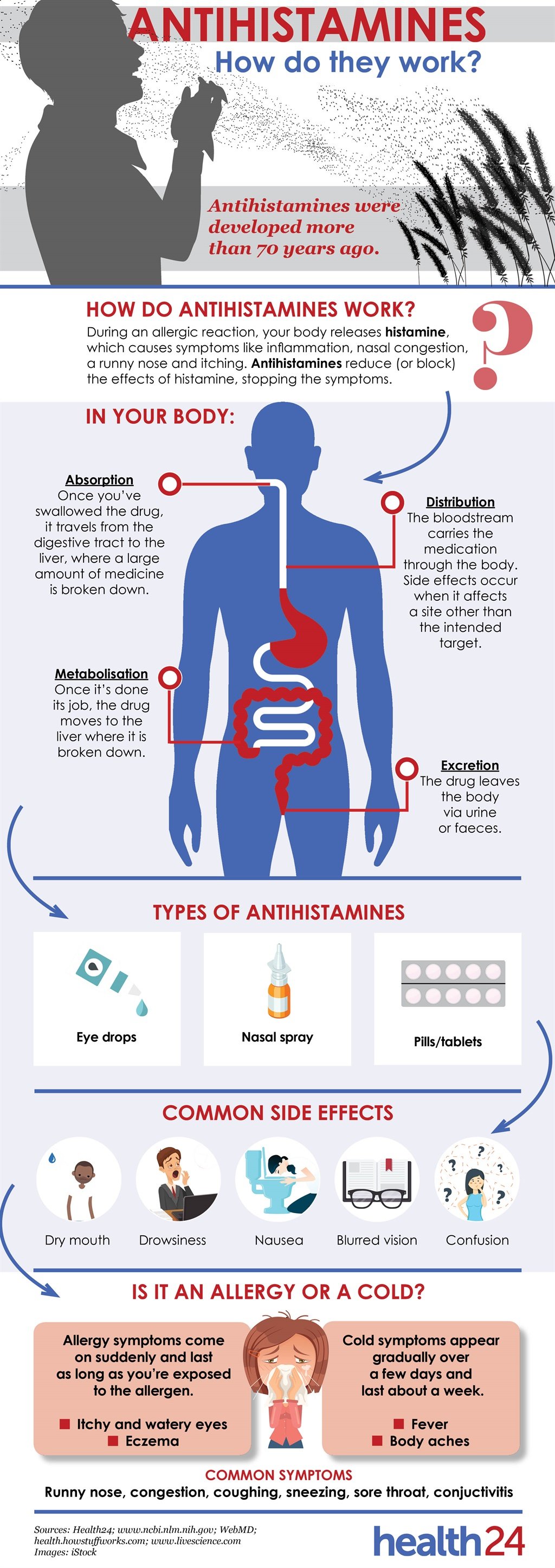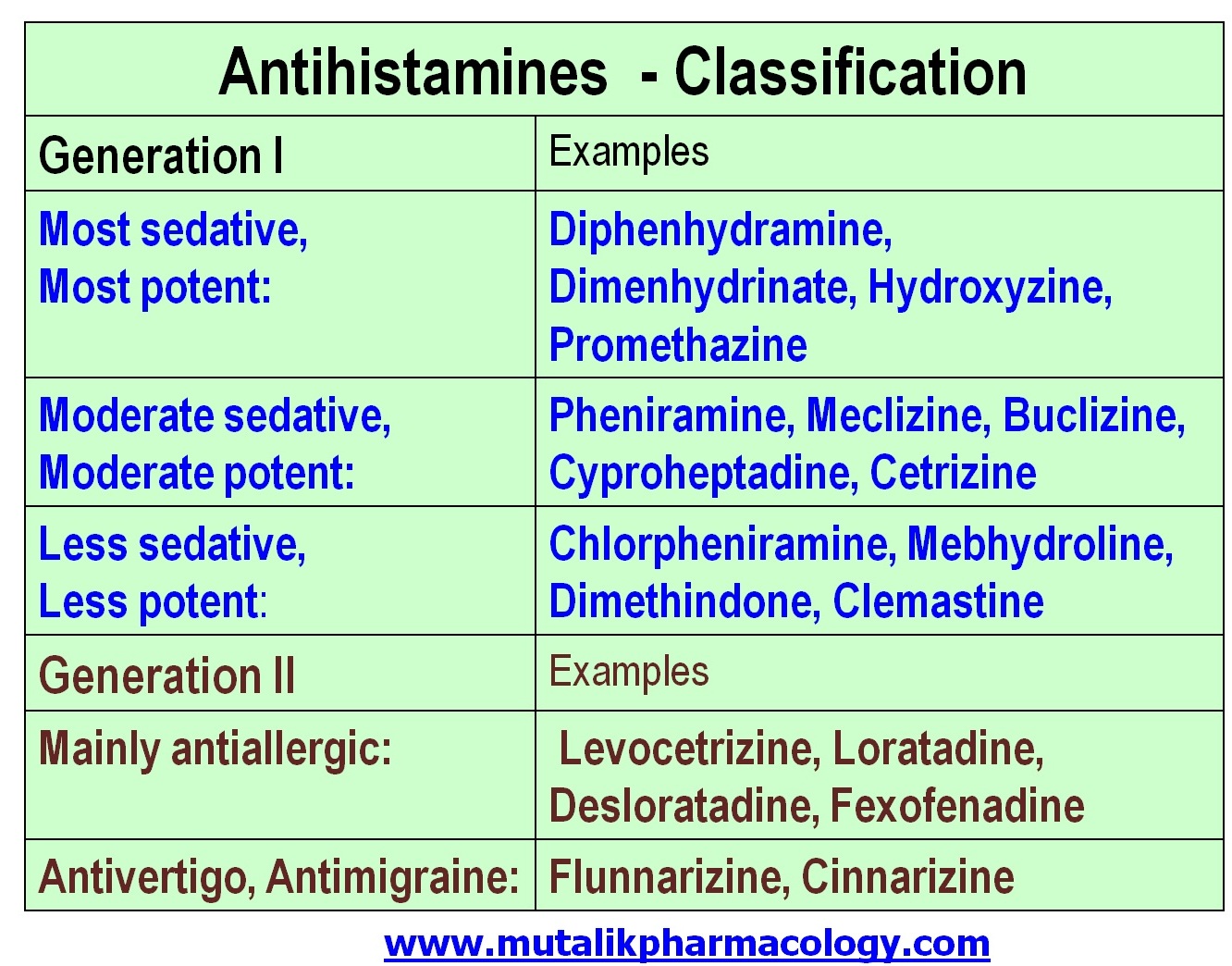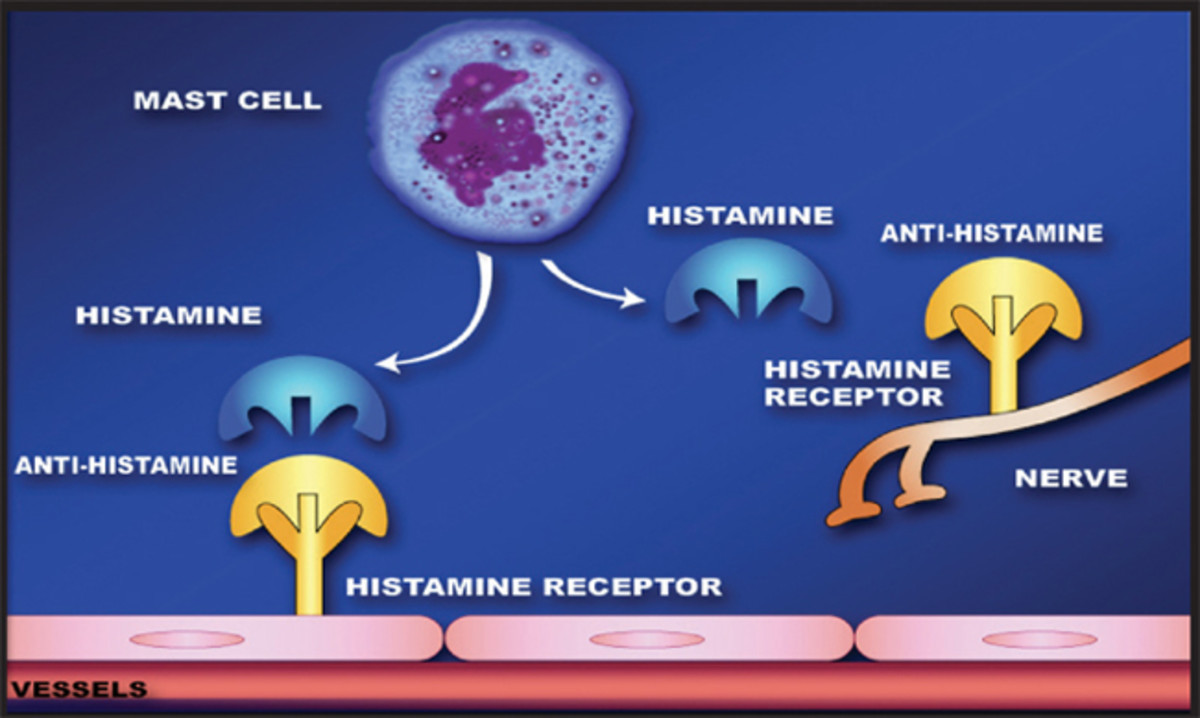do antihistamines affect hormones Antihistamine antihistaminics antihistamines classification sedating pharmacology
Have you ever wondered how your body reacts during an allergic reaction? It’s truly fascinating how our immune system responds to certain substances that it perceives as harmful. Today, we’re going to delve into this topic and explore the role of antihistamines in combating allergies.
Understanding Allergic Reactions
When you encounter an allergen, such as pollen, pet dander, or certain foods, your immune system goes into overdrive. It mistakenly identifies these substances as threats and activates an immune response. This triggers the release of a chemical called histamine.
Histamine is responsible for the symptoms commonly associated with allergies, such as itching, sneezing, runny nose, and watery eyes. It also causes inflammation, which can lead to swelling and redness in affected areas.
The Role of Antihistamines
Now, let’s talk about antihistamines – the superheroes that come to the rescue when allergies strike. Antihistamines are medications that block the effects of histamine in the body. They work by binding to histamine receptors, preventing histamine from attaching to these sites and triggering allergic symptoms.
There are many types of antihistamines available, both over-the-counter and by prescription. They come in various forms, including tablets, capsules, liquids, nasal sprays, and eye drops. You can even find antihistamine creams and gels for topical use.
Different Types of Antihistamines
Antihistamines can be classified into different generations based on their properties. First-generation antihistamines, such as diphenhydramine and chlorpheniramine, are known to cause drowsiness as a side effect. They are often used to provide nighttime relief for allergies and aid in sleep.
Second-generation antihistamines, such as loratadine and cetirizine, are less likely to cause drowsiness and are generally preferred during the daytime. Third-generation antihistamines, such as fexofenadine and levocetirizine, have even fewer side effects and longer durations of action.
Choosing the Right Antihistamine
When it comes to selecting an antihistamine, it’s important to consider your specific needs and preferences. Some antihistamines may work better for certain individuals, while others may experience side effects that are not well-tolerated.
If you’re unsure about which antihistamine is best for you, it’s always a good idea to consult with a healthcare professional or pharmacist. They can assess your symptoms, medical history, and any potential drug interactions to recommend the most suitable option.
Conclusion
Allergies can be bothersome and significantly impact our daily lives. Fortunately, antihistamines provide effective relief from the symptoms associated with allergic reactions. Whether you opt for a first-generation, second-generation, or third-generation antihistamine, finding the right one for you can make all the difference.
Remember to always follow the recommended dosage and guidelines provided by the manufacturer or your healthcare provider. With the right antihistamine on your side, you can enjoy life without the constant discomfort and annoyance brought on by allergies.

Image 1: How your body uses antihistamines during an allergic reaction

Image 2: Different types of antihistamine drugs or antihistaminics
If you are looking for SEE: How your body uses antihistamines during an allergic reaction you’ve came to the right place. We have 5 Pictures about SEE: How your body uses antihistamines during an allergic reaction like SEE: How your body uses antihistamines during an allergic reaction, The Side Effects of Antihistamine drugs | HubPages and also Antihistamine Drugs or Antihistaminics | Mutalik Pharmacology. Read more:
SEE: How Your Body Uses Antihistamines During An Allergic Reaction
 www.health24.combody reaction allergic antihistamine antihistamines uses allergy infographic mandy freeman
www.health24.combody reaction allergic antihistamine antihistamines uses allergy infographic mandy freeman
How Do Antihistamines Work - Photos Idea
 photoideass.blogspot.comantihistamines antihistamine agefotostock desloratadine molecule h1 pharmaceutical aerius rhinitis allergic recommanded symptomatic bsi uig bsip netdoctor
photoideass.blogspot.comantihistamines antihistamine agefotostock desloratadine molecule h1 pharmaceutical aerius rhinitis allergic recommanded symptomatic bsi uig bsip netdoctor
Antihistamine Drugs Or Antihistaminics | Mutalik Pharmacology
 mutalikpharmacology.comantihistamine antihistaminics antihistamines classification sedating pharmacology
mutalikpharmacology.comantihistamine antihistaminics antihistamines classification sedating pharmacology
The Side Effects Of Antihistamine Drugs | HubPages
 hubpages.comantihistamine side sleeping loratadine histamine effects antihistamines drugs work pills receptor h1 file physiology cells claritin human allergies mg diphenhydramine
hubpages.comantihistamine side sleeping loratadine histamine effects antihistamines drugs work pills receptor h1 file physiology cells claritin human allergies mg diphenhydramine
Antihistamine Side Effects: When To Stop Taking Allergy Medication
 news.regenerativemedgroup.comantihistamine antihistamines allergy rhinitis drugs medication allergies bkk allergic
news.regenerativemedgroup.comantihistamine antihistamines allergy rhinitis drugs medication allergies bkk allergic
Antihistamine side effects: when to stop taking allergy medication. The side effects of antihistamine drugs. Antihistamine antihistaminics antihistamines classification sedating pharmacology